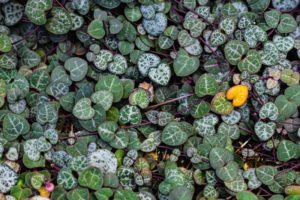
How To Grow and Take Care of The String of Hearts Plant
The string of hearts is a trailing indoor plant with the biological name Ceropegia woodii. It has heart-shaped gray leaves featuring attractive mottling along with

The string of hearts is a trailing indoor plant with the biological name Ceropegia woodii. It has heart-shaped gray leaves featuring attractive mottling along with
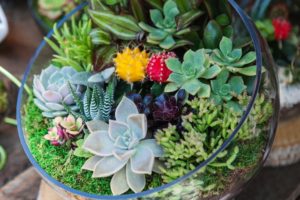
I don’t have a green thumb, as frequent readers know. My garden is proof that I have never proven fruitful in growing anything. Succulents are
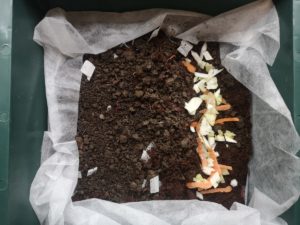
Worm castings – you’ve probably heard of this miracle material before, but you don’t quite know what it is. You can use worm castings for
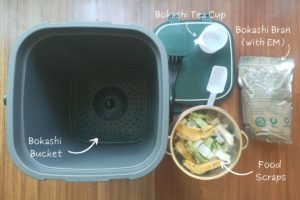
When I was a junior gardener, composting was not an easy concept for me. After researching and doing composting on my own, nowadays bokashi composting
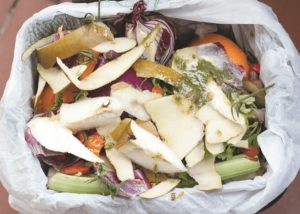
Whether you’re looking to lead a life that helps sustain the environment or looking to produce as close to zero waste as possible, composting is

Garden Guidepost was founded with the mission to empower people with gardening life.
Garden Guidepost provides you to learn with informative content, to create with great products, to impact with sustainability movement and to connect with engaging community.
The treasure that we seek elsewhere, we can find it at our doorstep.
Yes, garden is always a grind teacher, it teaches us the care and love, help us truly feel peace, pride, satisfaction and joy.





We provide a platform supported by gardening enthusiasts to share unique experience and knowledge.
We’ve pledged 5% of sales to the program which help more families have opportunity to have garden.
Every action we make has an impact on planet. Learn more about Million Compost Movement.
Join facebook community to connect, share passion and get support when you need.
Keep in mind that we may receive commissions when you click our links and make purchases. However, this does not impact our reviews and comparions. We try our best to keep things fair and balanced, in order to help you make the best choice for you.
As an Amazon Associate, we earn from qualifying purchases.
Sign up for gardening tips, activism awareness, exclusive offers and more!
© Garden Guidepost

Gardening tips, activism awareness, exclusive offers and more!